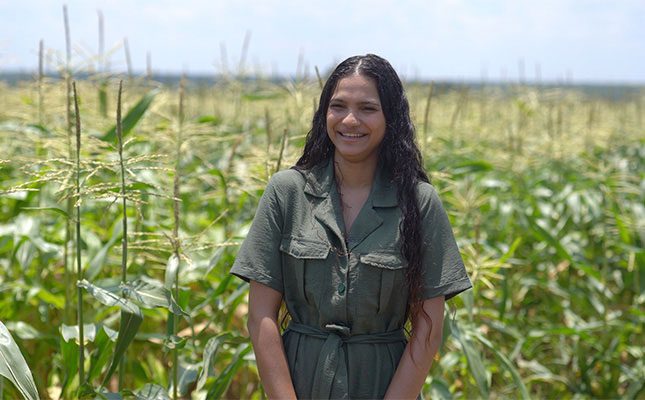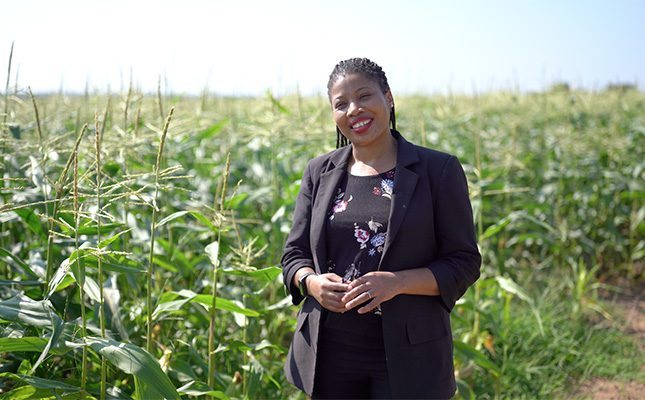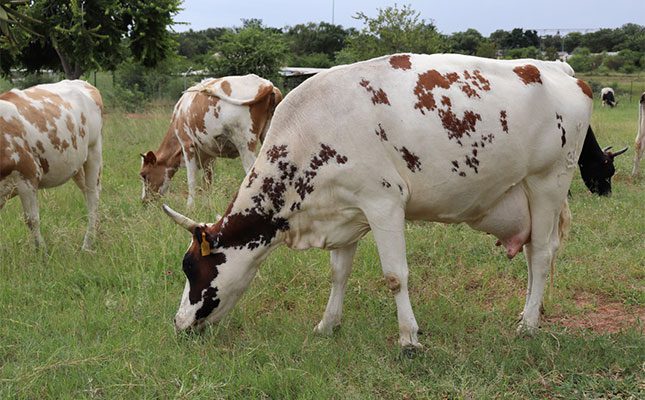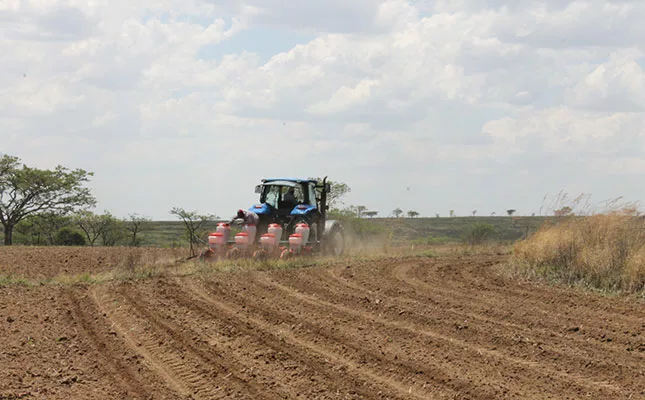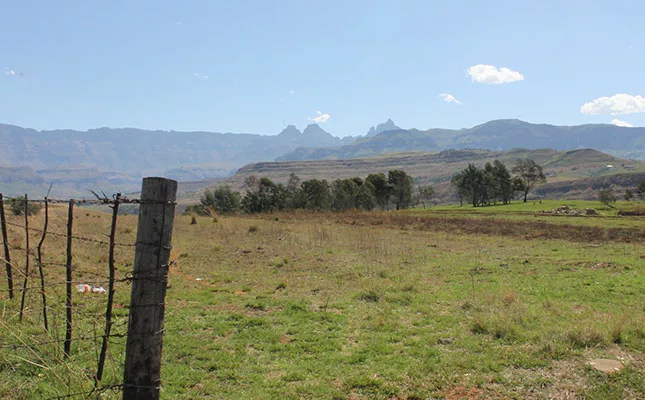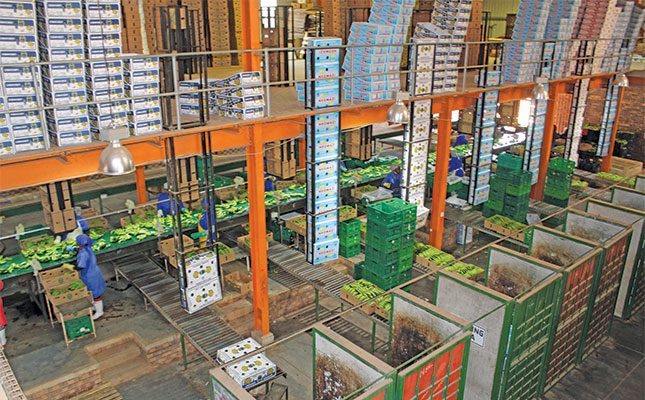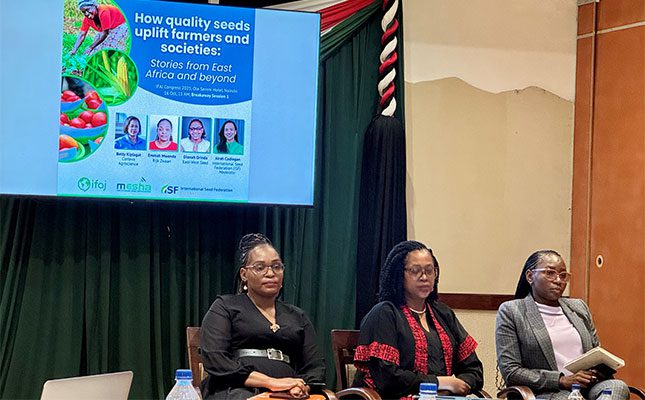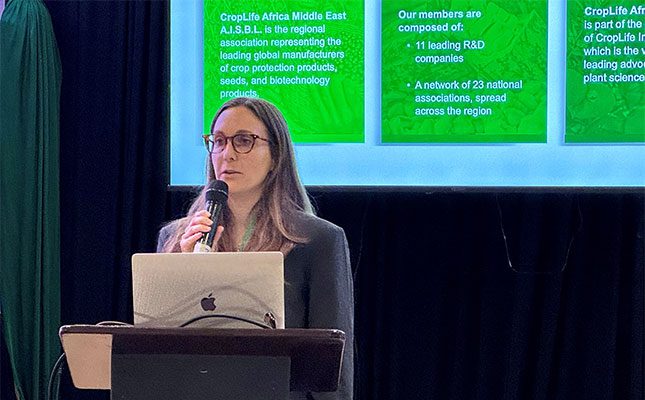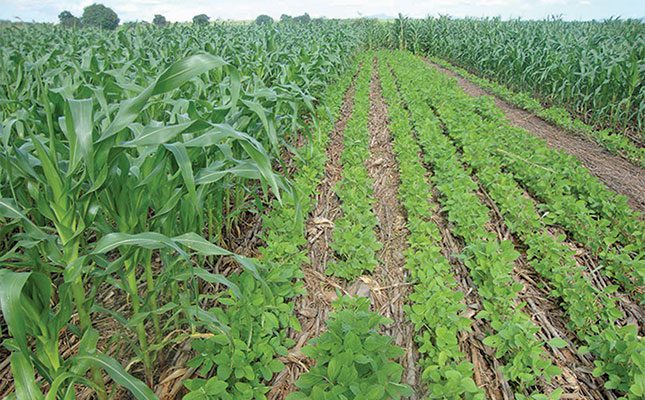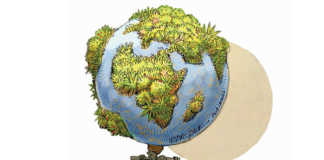Currently, Indonesia accounts for only 0,3% of South Africa’s overall agricultural exports, contributing US$39 million (about R672 million) out of a total US$13,7 billion(R236 billion) in agricultural exports in 2024.
However, Indonesia is one of the world’s top agricultural exporters, and it imports roughly US$29 billion (R500 billion) in agricultural products each year from major suppliers that include Brazil, China, Australia, the US, Thailand, Argentina, Vietnam, and India.
The key products that Indonesia imports from these countries are wheat, sugar, rice, soya bean oilcake, soya bean, maize, cocoa beans, beef, onions, apples, pears, table grapes, and peanuts, among others.
A quick look at the products that Indonesia imports helps explain South Africa’s minimal participation at present. Still, there is room to expand our beef, fruit, and wine exports to this market. Importantly, Ramaphosa’s visit didn’t end in Indonesia but included Vietnam (0,6% of South Africa’s agricultural exports) and Malaysia (1,4%).
Notably, South Africa already has some level of penetration in these markets. The current focus is on expanding exports to a broader range of agricultural products and other industries by initiating discussions on reducing import tariffs and phytosanitary barriers in certain markets.
Slow to expand
More recently, South Africa has been slow to expand into new export markets, opting instead for a piecemeal approach and avoiding more ambitious trade agreements due to sensitivities in certain industries and other issues.
The success of South Africa’s agricultural exports largely stems from the markets opened in the early 2000s. Recent geopolitical tensions and the overall growth of our agricultural production have placed more emphasis on exports. Going forward, our approach will need to prioritise free trade agreements while assessing the risks to domestic industries.
South Africa’s agriculture sector cannot grow sustainably without a strong focus on exports. We already export about half of our produce in value terms, and with production expanding, this growth will need to be sustained through exports. This ambition for the sector is shared by government and the business community.
Building capacity to secure trade deals
As these high-level visits put South Africa’s various sectors in the spotlight, we must also assess and enhance our national capacity to execute trade negotiations and secure deals. Some departments may no longer have the skills they did in the early 2000s, so capacitating officials and broadening the political conversation is crucial to successful export diversification.
This message applies to all exporting sectors in our economy, not just agriculture. South African political and business leaders must maintain a strong presence in the global arena, as this is key to advancing the country’s economic and commercial diplomacy. We now need to move quickly to advance trade in new areas.
Another vital aspect is the promotion of investment opportunities across sectors. Simultaneously, domestic reforms and improvements in municipal functioning and crime prevention must continue, as they are prerequisites for the growth of farming businesses and exporters.
Wandile Sihlobo is the chief economist at Agbiz. Email him at [email protected].


